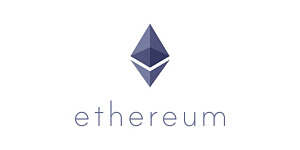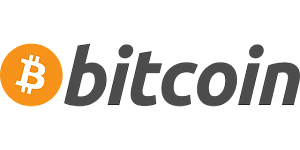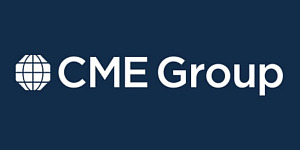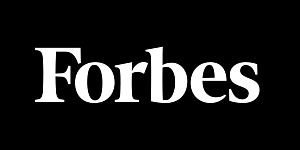The European Central Bank (ECB) left is key policy rates steady, as widely expected, but raised the prospect of changing its policy measures in December by underscoring that risks to economic growth "remain tilted to the downside" and it will continue to use all available instruments to ensure that inflation continues to rise.
The ECB, which in March cut its benchmark refinancing rate to zero, confirmed that monthly asset purchases of 80 billion euros were still intended to run until the end of March 2017, or beyond if necessary to ensure that inflation is moving toward the target of just below, but close to 2 percent.
But ECB President Mario Draghi said the ECB remained "committed to preserving the very substantial degree of monetary accommodation," a sign the ECB may either extend its asset purchases beyond March next year or adjust it to encompass other securities or loosen some of its restrictions.
In December the ECB will update its economic forecasts through to 2019 while the governing council will also hear from committees about the options for ensuring that its purchase program is proceeding smoothly, addressing concerns the ECB is running out of bonds to buy.
Draghi said the euro area economy in the third quarter had continued to expand at a rate that was "around the pace" of the second quarter and further ahead growth should proceed at a "moderate but steady pace."
In the second quarter the euro zone economy grew by 0.3 percent from the first quarter for annual growth of 1.6 percent, down from 1.7 percent in the first quarter.
In September the ECB revised upwards its 2016 growth forecast to 1.7 percent from 1.6 percent, but lowered its outlook for 2017 growth to 1.6 percent from 1.7 percent and its 2017 forecast to 1.6 percent from 1.7 percent.
Domestic demand will continue to be supported by the ECB's easy policy and largely neutral fiscal policy in 2017 but Draghi said the recovery was still being dampened by subdue foreign demand, the necessary adjustments of balance sheets in a number of sectors and the sluggish pace of structural reforms, which he once again called on governments to accelerate to reduce unemployment and boost the potential growth.
"Structural reforms are necessary in all euro area countries," said Draghi.
Inflation in the euro area rose to 0.4 percent in September from 0.2 percent in August.
In its latest forecast, the ECB expects inflation to average 0.2 percent this year, 1.2 percent in 2017 and 1.6 percent in 2018.
























































